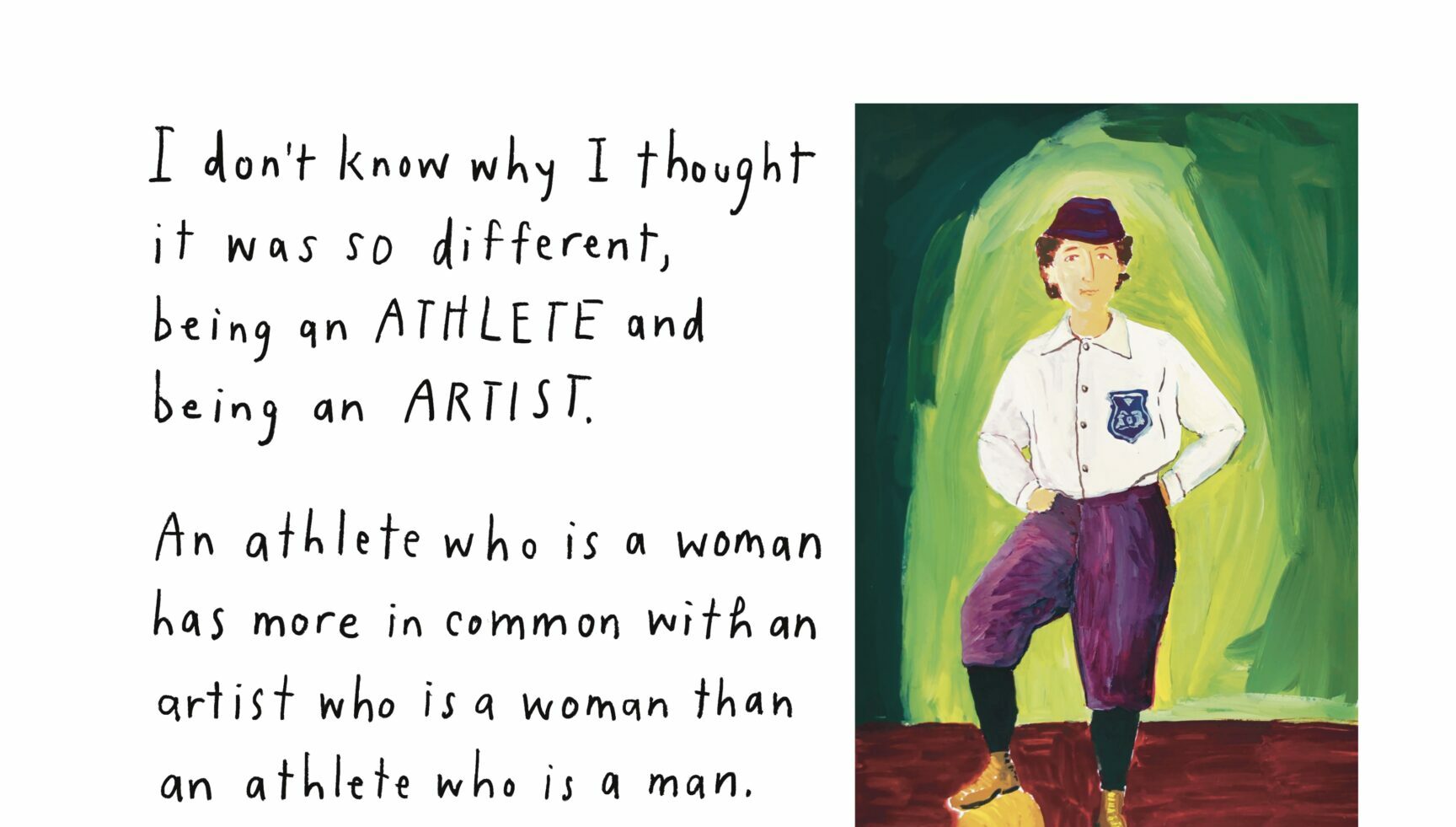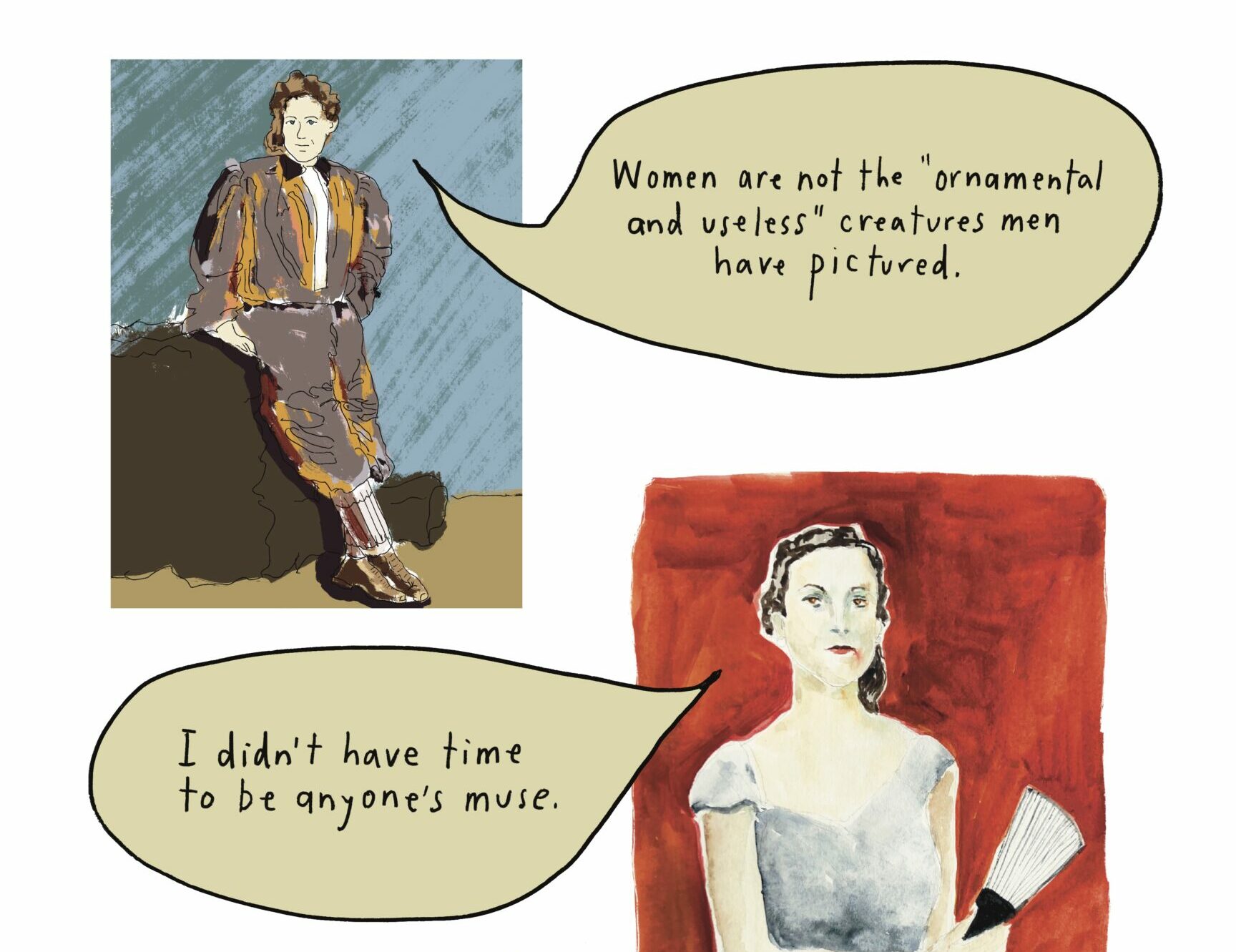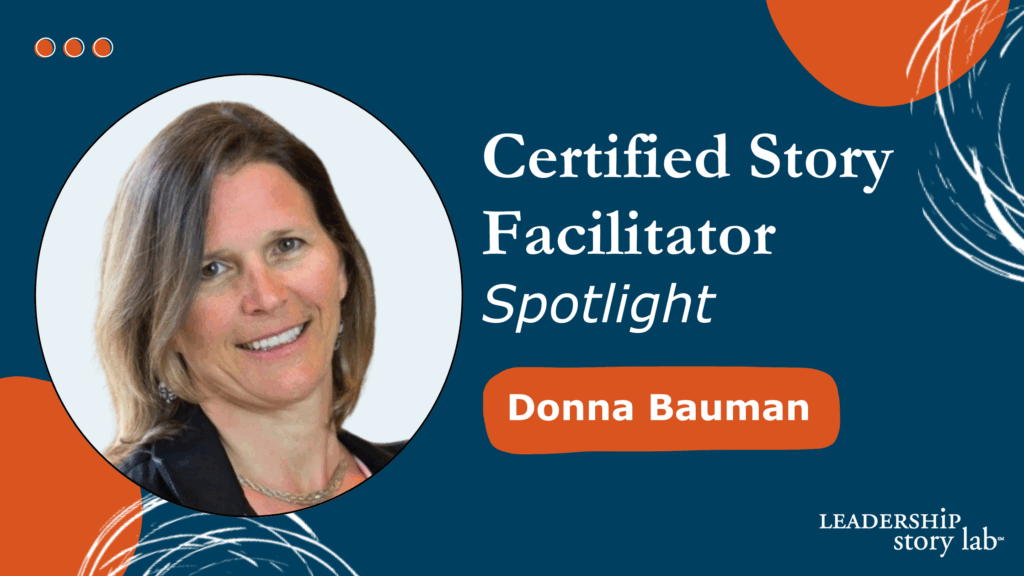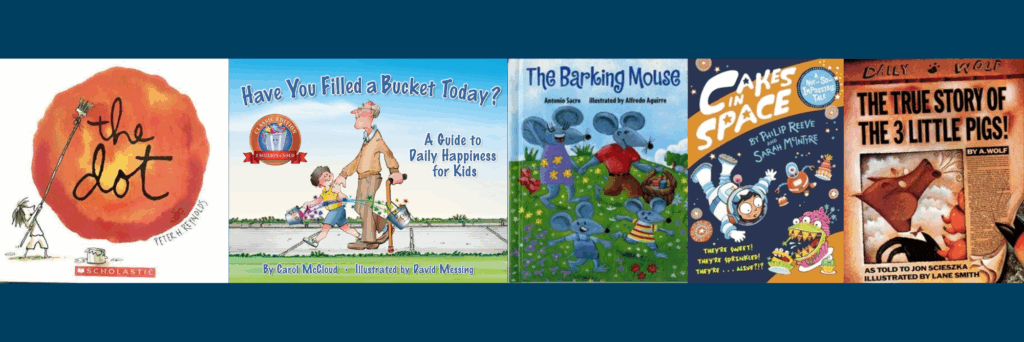March 15, 2024 / Esther Choy

How do you champion a cause you deeply believe in, even when you feel like you don’t know how to? You allow yourself to be led by your passion and share your story. This is how women become storytelling leaders who create new narratives for women and girls everywhere. Shannon Nash, CFO at Wing Corporation, an Alphabet company, didn’t intend to become an award-winning movie maker. She simply saw the need for the stories to be told and she stood up to tell them.
Women, like Nash, must be storytelling leaders to ensure that women’s accomplishments are continued to be built upon. In this article, we will look at a movie maker, illustrator and author, photographer, and social media influencer who are changing narratives for women.
Mentors Demonstrate the Power of Storytelling
Shannon Nash had storytelling role models, like her father and her law school professors, all around her. She just had to pay attention, observe, and then practice. One exceptional role model was the actor and producer, Debbie Allen. In the early 2000s, Nash decided she’d stop practicing law in order to take care of her autistic son. During this time, she was hired by Debbie Allen to lead her Dance Academy.
“I saw how [Allen] told stories and how that turned into all these opportunities, all the success,” Nash recalled. “I started embracing how you can use storytelling to advance things both that you truly care about, but also advance your business.” Once Nash discovered the power of storytelling she embraced it fully. “When you do storytelling and it works,” Nash said, “it helps embolden you to do it more.”
Lack of Experience Is Not An Obstacle
Nash didn’t let lack of experience deter her from telling stories through filmmaking. She had overcome this obstacle before: She’d never been a mom to an autistic son, but she learned how; she’d never been the leader of an entire company, but she learned how. When she saw the need to tell the story of how the black and brown communities were experiencing autism, diagnosis and support, she knew nothing about movie making, but her dedication overcame the experience she lacked. She trusted herself, the support of her friends, and the process. Her film “Colored My Mind,” won best film documentary at the American Pavilion in Cannes in 2013.
She continues be a storytelling leader: Her second film “OnBoard” (2024) tells the nearly-forgotten story of the first black woman board and present-day struggles to achieve board diversity. When Nash was researching, she learned that Google had credited the wrong person as the first black board member. Through conversation with one of her mentors Nash learned Patricia Roberts Harris had been the first black woman to serve on a board. “Google literally had the wrong person credited. I knew we had to make a film, because the history was going to be lost,” said Nash.
Everyone faces challenges that they don’t know how to overcome. Like Nash, we don’t have to let lack of experience stop us from becoming storytelling leaders today. Through the process of storytelling, we will learn what we need to know.
Need more inspiration? Here are three more women storytelling leaders who share stories that need to be heard through other mediums.

From The Keeper by Kelcey Ervick. Used with author’s permission.
Author Kelcey Ervick unpacks the history of Title IX in the graphic memoir The Keeper. Ervick interweaves her personal story of being a student-athlete in the 1980s with the under-appreciated feminist history of the sport and Title IX. World Cup Champion U.S. Goalkeeper and two-time Olympic gold medalist Briana Scurry describes the power of Ervick’s storytelling: “It’s about the collective strength of women and how we have built on each other’s achievements, one generation passing the baton to the next, to ensure a future without limits for the girls who will follow.”
Storytelling Leaders Across Mediums
Through photography, Jane Gottesman, founding director of Working Assumptions, is helping change narratives for women across professional fields. Her collection Game Face: What Does a Female Athlete Look Like challenges notions of femininity and masculinity in sports. Her other projects like Showing: Pregnancy in the Workplace challenge the taboo of pregnancy and work with everyday images of pregnant women in a myriad of workplaces from the farm, ballet studio, office, research lab, etc.
Chef and forager Alexis Nikole Nelson started a TikTok account during the pandemic to share her love for foraging wild foods. Her posts — filled with flowers, recipes, music and fantastical dresses — went viral. Her work challenges narratives given to black women about their relationship to nature and their ancestors. “It feels like it’s not only serving me in the present, but it feels like I am doing better by a lot of my ancestors,” Nelson told NPR’s Morning Edition. “Every single one of us is here today because one of our ancestors, however far back you have to go, foraged and had that knowledge of the land around them.” In 2022, Nelson won the inaugural James Beard Award for Best Social Media Account, inspiring more people to get outside and discover their own connection to plants.
What are you most passionate about? What stories about your passion haven’t been told yet? What creative means, along with your lived experience and expertise, can you combine to create a new way to amplify that story?
Better Every Story
Leadership Transformation through Storytelling
"This is an amazing and insightful post! I hadn’t thought of that so you broadened my perspective. I always appreciate your insight!" - Dan B.
Get Esther Choy’s insights, best practices and examples of great storytelling to your inbox each month.




